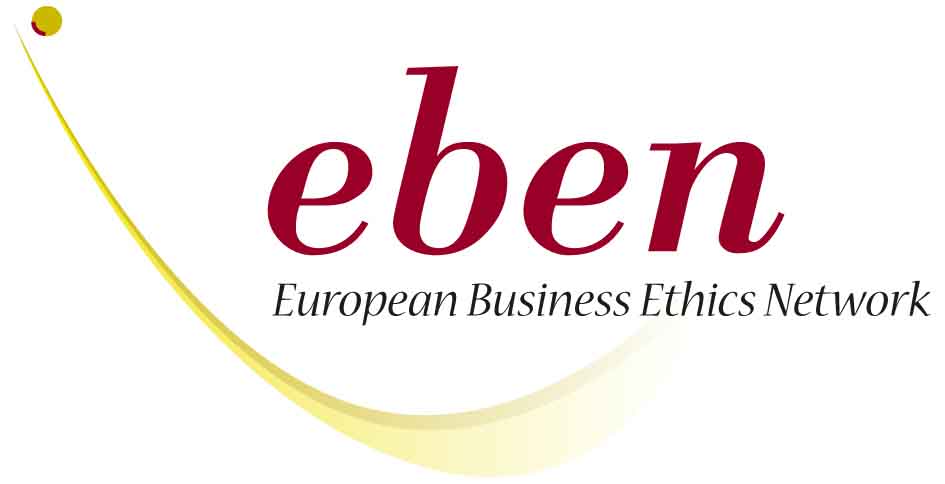The conference attendees debated “Pathos for Ethics; Leadership, Excellence and the Quest for a Sustainable Future”, a topic closely related to ancient Greek moral philosophy. Every year the EBEN conference takes place in a different European country and since Greece was the host this year, the topic was chosen accordingly, explained Lila Mordochae, associate dean, who brought the conference to Deree.
Dr. Joanna Patsioti, head of the Deree Philosophy Department, was the main speaker at one of the plenaries. Her speech, “Socrates and Business Ethics,” focused on the applicability of Socratic methodology to business and management. The Socratic dialogues develop definitions of moral concepts that are constructed through the interaction of Socrates and his interlocutors. In the dialogues, the purpose that these moral concepts serve in society is clearly stated. “In the same manner, a manager can define the mission and the objectives of an organization and create a successful strategy,” said Patsioti.
Dr. Joanne Ciulla, professor of leadership studies at the University of Richmond, organized a simulation of a Socratic dialogue in her session, “What Does Corporate Social Responsibility Mean in a World Where Money Buys Power?” The interlocutors were informed of the issues to be discussed, but the dialogue was totally unscripted.
In addition to that unscripted role play, EBEN attendees had the chance to watch Sophocles Antigone at Deree’s black box theater, performed in the ancient Greek text. Antigone illustrates the conflict between political authority and moral behaviour. “It was amazing how the multinational audience could follow the play even without knowing the language,” Mordochae said. “The power of the ancient Greek text and the actors’ performance managed to communicate the emotional tension perfectly.” |

